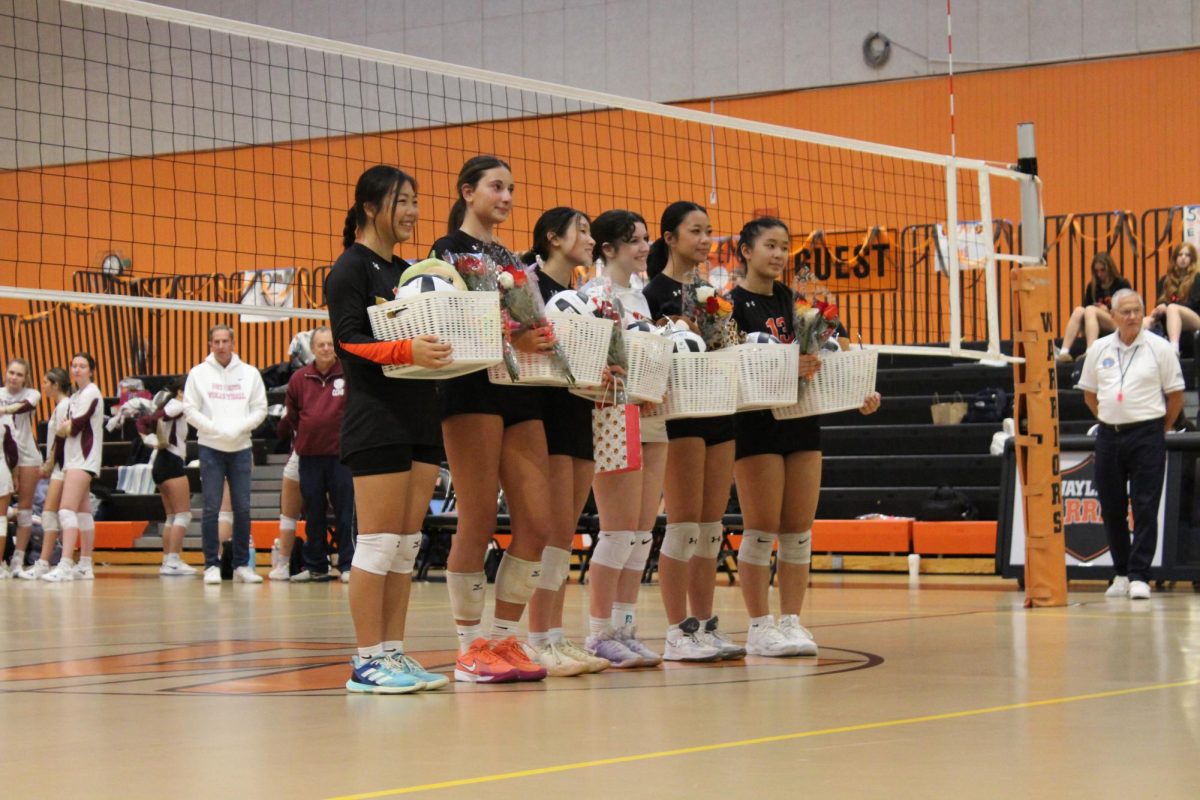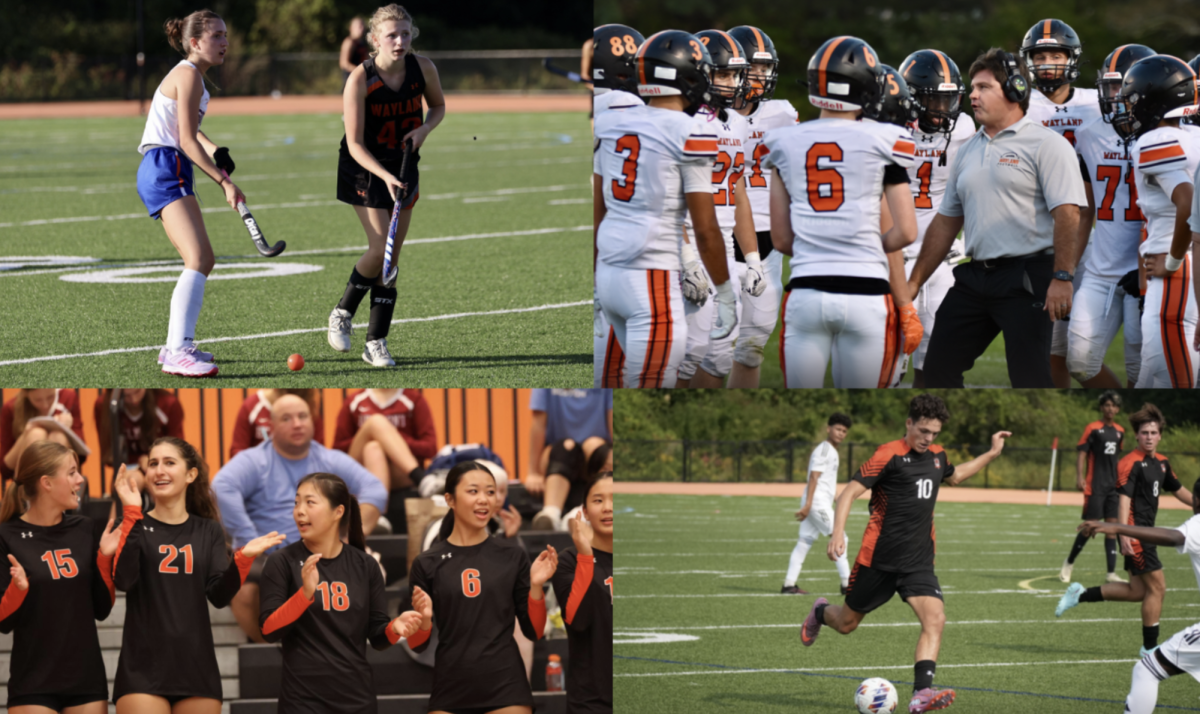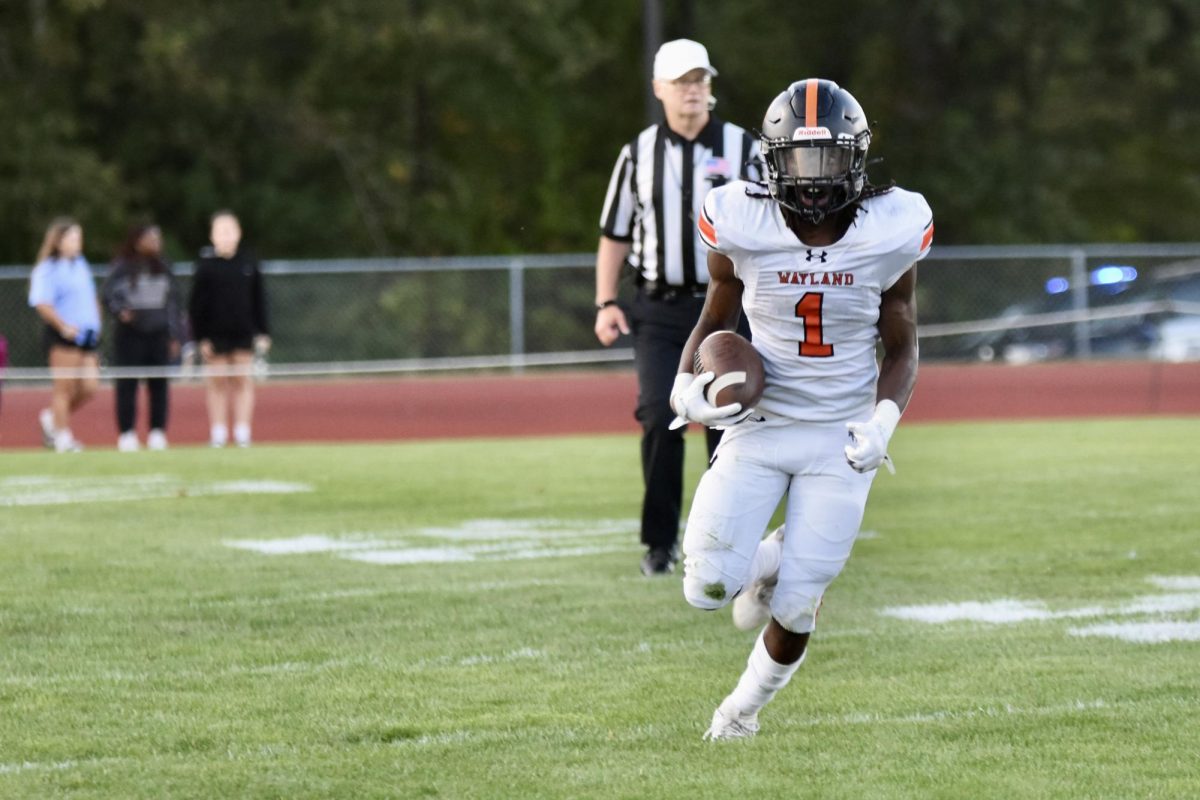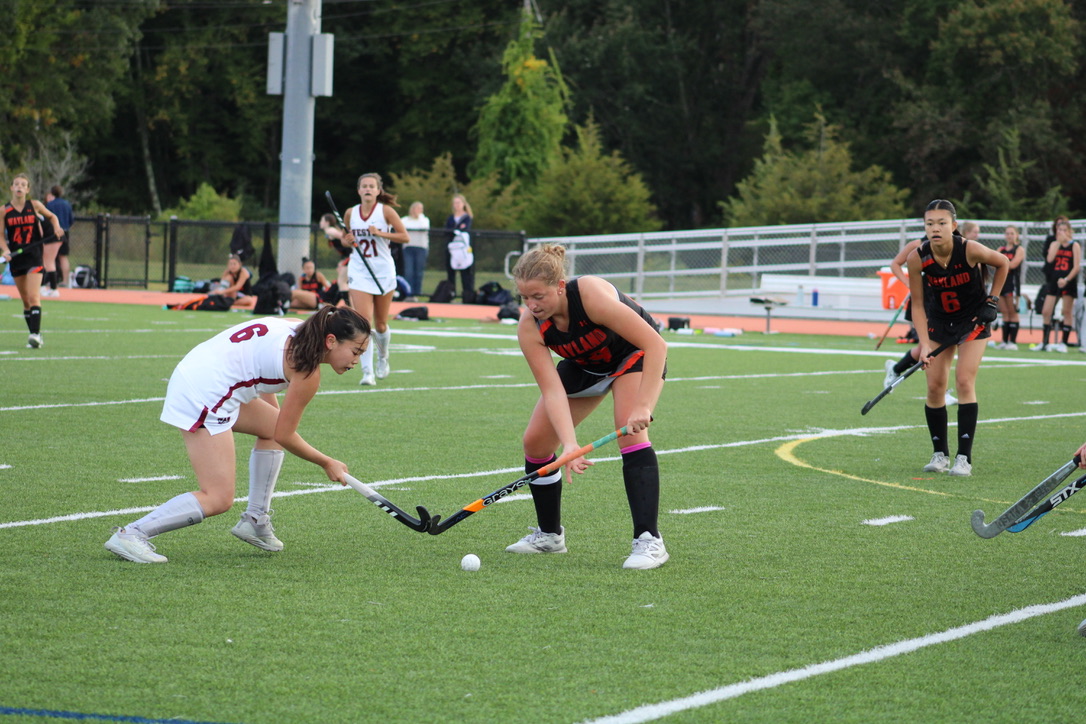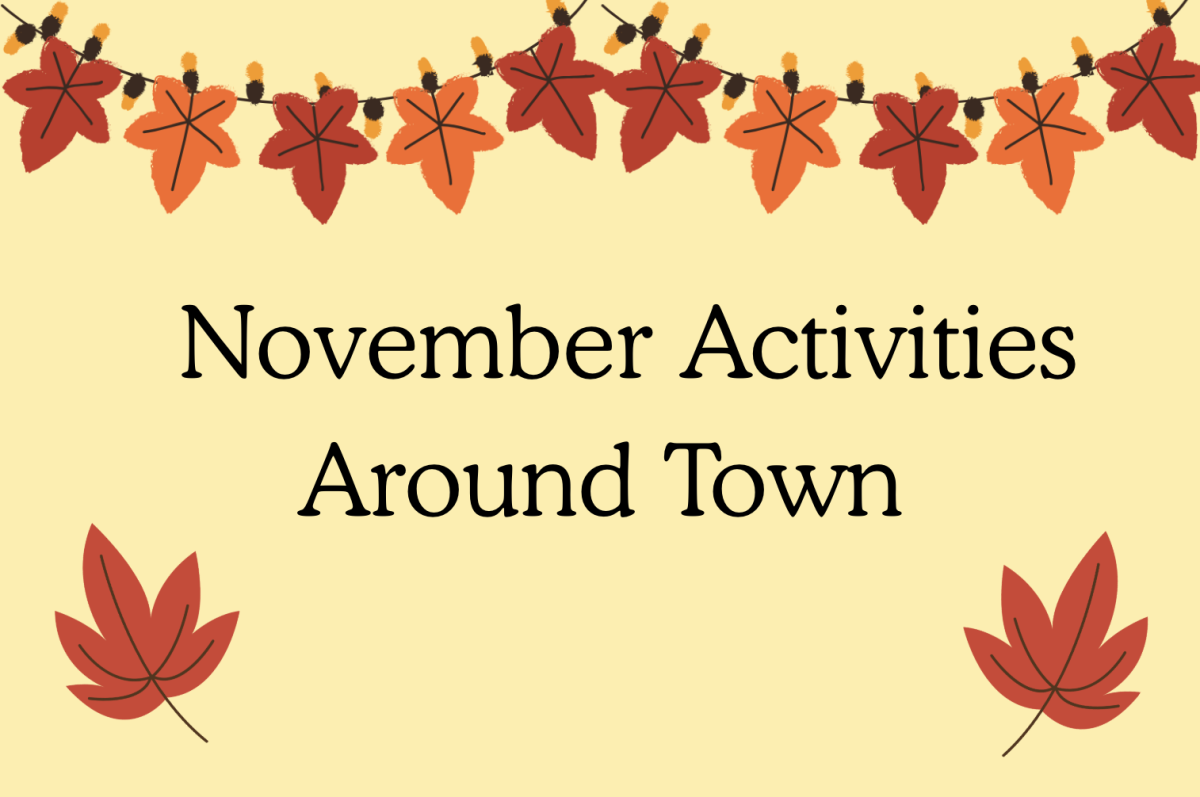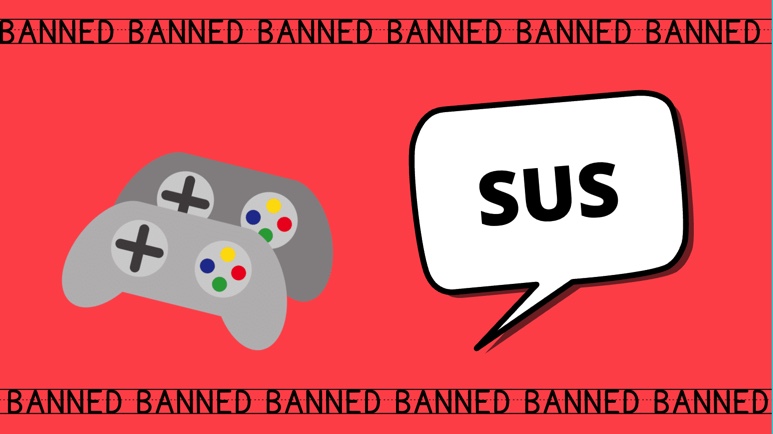Opinion: Can WMS ban the word “sus?”
Credit: Sophia Oppenheim
WSPN’s Sophia Oppenheim discusses Wayland Middle School’s ban of the word “sus,” due to derogatory connotations with the LGBTQ+ community.
December 18, 2021
Recently, at Wayland Middle School, the word “sus” has been flagged after it was seen being used in derogatory ways towards the LGBTQ+ community. Principal Betsy Gavron sent out an email part of the “Monday Morning Minute” weekly email chain informing parents about the situation. Gavron stated that many students were indifferent about the actual usage of “sus” being said in derogatory ways; however, the school still decided that the word should no longer be used by middle school students.
The word “sus” originated from the game “Among Us” which was published and developed by the gaming studio Innersloth. The game gained a huge amount of traction in 2020, especially during the quarantine. Players participate in the game by being assigned either the role of a “Crewmate” or an “Imposter.” The object of the game is to find out who the imposter is. Players determine who the imposter is by chatting with one another and deciding who they believe could be the imposter. This chat led to the usage of the word “sus” which was used as a shorter way to say someone was being suspicious in the game, and that they could possibly be the imposter.
The origin of the word has nothing to do with the LGBTQ+ community, however, it is easy to imagine how it has been used by people in derogatory ways. Gavron stated in her email, “I’ve talked to fellow administrators who have had students use the word “sus” to target effeminate males in homophobic, hateful, harassing ways within their community.” If a student feels compromised by someone saying they were “sus” in a derogatory way, their feelings are completely valid and the situation should be handled. For WMS, they handled the situation by showing a presentation made by GSA (Gender Sexuality Alliance), to each student in their homerooms explaining how “sus’ has been used in derogatory ways on social media. GSA shared that, “sus” jokes are now taking over social media–from TikTok to Twitter–spreading anti-gay messages and videos.”
Gavron outlined in her email how kids felt about the banning of the word, and I honestly feel very similar to these students. Many felt “worried” and “sad” about having used the word in the past and not realizing that it could be seen as a slur. One felt that claiming the word “sus” as a slur devalued the weight of “real slurs.” Understandably, many students felt that “sus” was just another word they had used and it had never been used negatively.
I feel the same way as these students. Making this word seen as unsafe and inappropriate would not only be confusing, but it would also frustrating for middle school students. I think that making an abbreviation for “suspicious” into a slur is going to only make students think it’s okay to use other slurs as well. I want to believe that middle schoolers would never try to hurt someone mentally or physically, but banning a word that originated from a video game seems like a direct path for it to now be used in a comedic way.
I think educating students that the inappropriate usage of the word “sus” is not okay, no matter how obvious this is. However, I think students should just have been warned to not use the word in a negative way, instead of recommending that students completely eliminate the word from their vocabularies. Gavron shared that the staff at the middle school would not “constantly monitor the words kids are using” since they do not want “to be the “‘sus’ police.'”
I have not seen the videos posted that are using “sus” in a derogatory way. However, if the negative usage of this word was common around middle school and many students felt violated, then something had to be done. Nevertheless, banning a full word from the vocabularies of 11-14 year olds is tricky, and I don’t think we can just completely flag a word at a single school when it is not being addressed anywhere else. The situation is very difficult. Regardless, I think if the usage of a word is said to be stopped, it should be forbidden everywhere and not just in a single place. Sometimes bringing a situation to the attention of a whole school is helpful, but it is not necessary.











